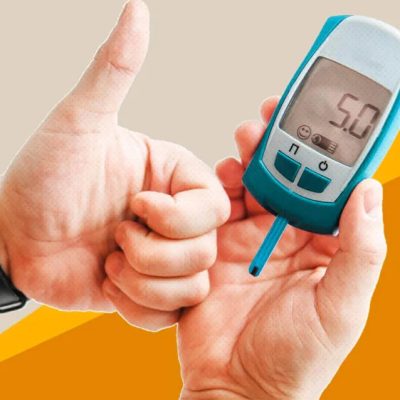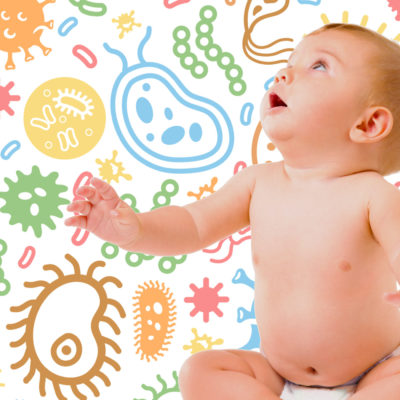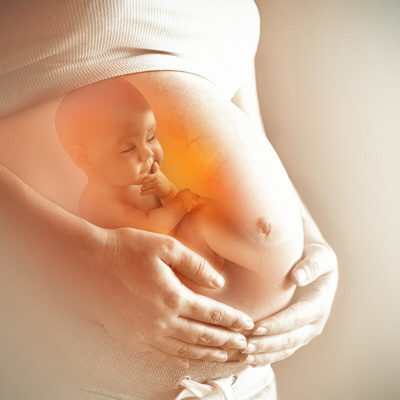Season of birth, and specifically being born in autumn or winter, is associated with allergic rhinitis and asthma in Finland, a new study by the University of Eastern Finland, the University of Helsinki and Helsinki University Hospital shows. Conversely, being born in summer was associated with the lowest incidence of asthma and allergic rhinitis. "When using summer as … [Read more...]
Type 2 Diabetes Can be Prevented by Diet and Exercise Even in Individuals With a High Genetic Risk
A new study from the University of Eastern Finland is the first in the world to show that a healthy diet and regular exercise reduce the risk of type 2 diabetes even in individuals with a high genetic risk. In other words, everyone benefits from lifestyle changes, regardless of genetic risk. Type 2 diabetes is a global problem. According to the International Diabetes … [Read more...]
Physical Activity Helps Curb Low-grade Inflammation in Children
According to a recent Finnish study, accumulating more brisk and vigorous physical activity can curb adiposity-induced low-grade inflammation. The study also reported that diet quality had no independent association with low-grade inflammation. The findings, based on the ongoing Physical Activity and Nutrition in Children (PANIC) Study conducted at the University of Eastern … [Read more...]
Children born extremely preterm are likely to be diagnosed with depression
A study using extensive nationwide registry data showed that girls born extremely preterm, earlier than 28 weeks gestational age, were three times more likely to be diagnosed with depression than peers born close to the expected date of delivery. Increased risk of depression also applied to girls and boys with poor fetal growth born full-term and post-term. The effects of poor … [Read more...]
Studying the Role of Microbes as Mediators of Stress
Both Proteobacteria and Lactobacillus are common infant gut microbes. "We discovered, for instance, that mother's chronic prenatal psychological distress was linked to increased abundances of Proteobacteria genera in infant microbiota. In addition, chronic psychological symptoms were connected to decreased abundances of Akkermansia genera which is considered to promote … [Read more...]
Prenatal Stress Associated with Infant Gut Microbes
Mother's chronic prenatal psychological distress and elevated hair cortisol concentrations are associated with gut microbiota composition of the infant, according to a new publication from the FinnBrain research project of the University of Turku, Finland. The results help to better understand how prenatal stress can be connected to infant growth and development. The study has … [Read more...]
Vitamin B3 revitalizes energy metabolism in muscle disease
An international team of scientists, led by University of Helsinki reported that vitamin B3, niacin, has therapeutic effect in progressive muscle disease. Niacin delayed disease progression in patients with mitochondrial myopathy, a progressive disease with no previous curative treatments. Vitamin B3 forms have recently emerged as potent boosters of energy metabolism in … [Read more...]
Larger doses of vitamin C may lead to a greater reduction in common cold duration
The relationship between vitamin C dosage and its effects on the duration of the common cold symptoms may extend to 6-8 grams per day. Dozens of animal studies using different animal species have found that vitamin C significantly prevents and alleviates infections caused by diverse bacteria, viruses, and protozoa. Given the universal nature of the effect of vitamin C … [Read more...]
Personalized Fracture Risk Assessment Is Trending Now!
In people over 50 years of age, fractures are so common that for example one in three women will suffer a wrist, ankle or hip fracture during their life. Low-energy fractures caused by bone weakening are one manifestation of osteoporosis. These fractures are painful and considerably weaken the patient's quality of life and, in the worst case scenario, can even lead to … [Read more...]








